Exploring Bush Teas in Antiguan Health and Cuisine
11 min read Discover the cultural significance and health benefits of bush teas in Antiguans' traditional diet and wellness practices. August 11, 2025 12:05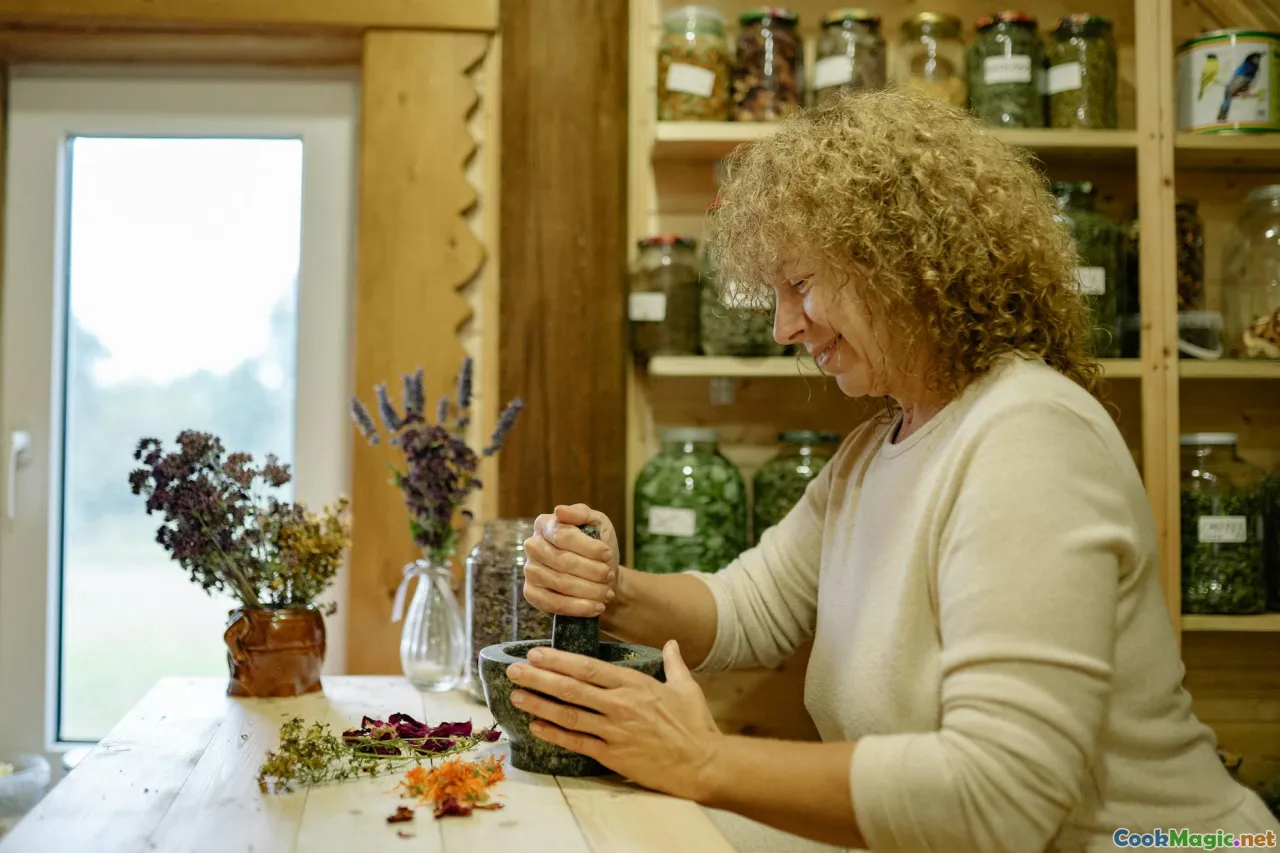
Exploring Bush Teas in Antiguan Health and Cuisine
Nestled within the lush, verdant landscapes of Antigua and Barbuda lies a treasure trove of natural remedies and flavor profiles—bush teas. These traditional infusions, harvested from the wild or cultivated native plants, are far more than mere beverages; they're woven into the cultural fabric, embodying history, wellness, and culinary artistry. As someone deeply captivated by Caribbean culinary traditions, I have spent years exploring the aromatic and therapeutic world of Antiguan bush teas—each sip telling a story of ancestry, environment, and local wisdom.
Imagine walking through a fragrant jungle at dawn, body warmed by the first golden rays filtering through emerald canopies, and inhaling the earthy scent of herbs like bay leaf, lemongrass, and soursop. That sensory experience encapsulates the essence of Antiguan bush teas: a harmonious blend of nature’s bounty infused with cultural reverence. Today, I invite you on a journey—through flavors, history, and soul—to explore these remarkable teas shaping Antigua’s health traditions and cuisine.
The Roots of Antiguan Bush Teas: Ancestral Wisdom and Cultural Heritage
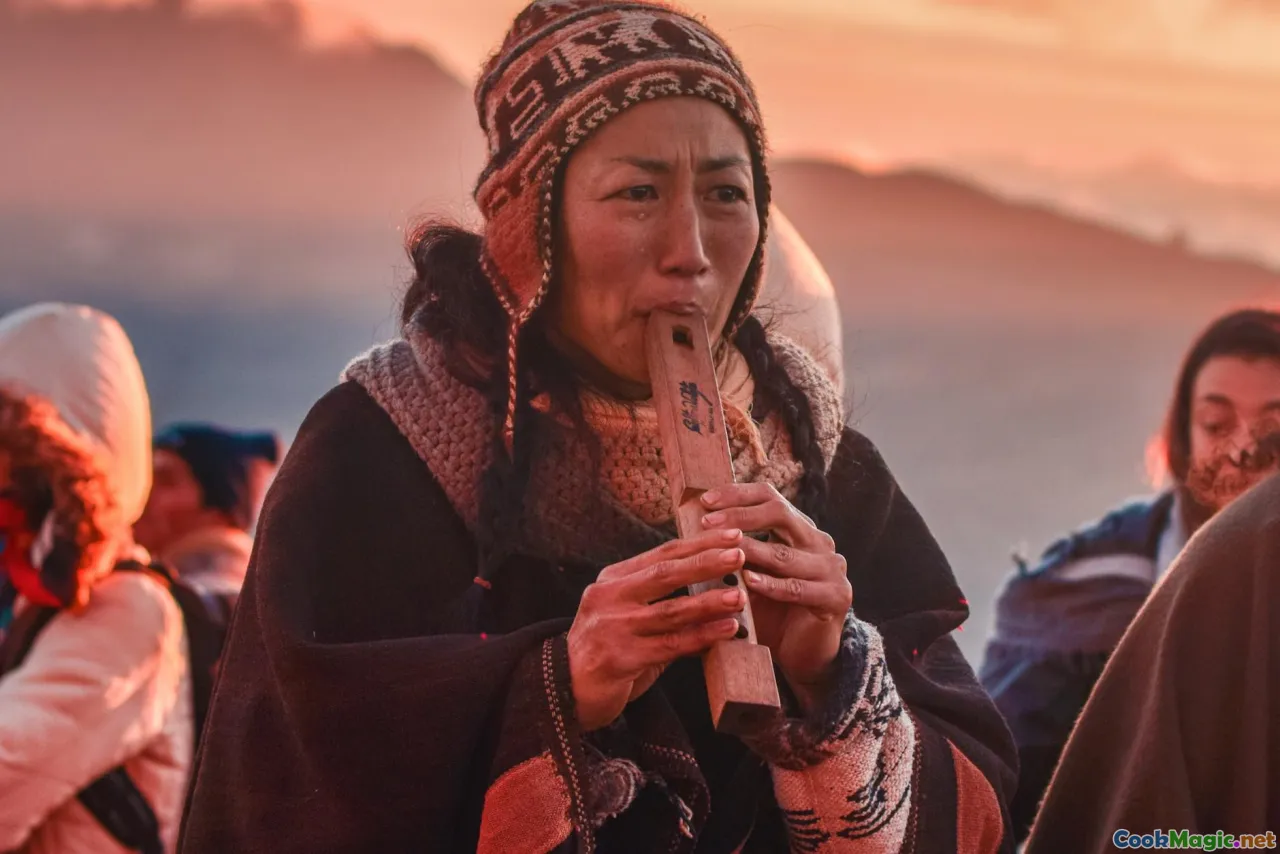
For centuries, the indigenous Kalinago people, along with African slaves and colonial settlers, have harnessed the island’s native flora to promote health, soothe ailments, and foster community. Bush teas in Antigua are rooted in this confluence of indigenous knowledge and African herbal traditions, passed down orally and through generations.
The use of local plants like guaco (Mikania cordifolia), soursop (Annona muricata), and lemon grass (Cymbopogon citratus) exemplifies a herbal lexicon grounded in health benefits. These teas served dual roles—culinary delights and medicinal infusions—offering remedies for colds, digestion, or simply nurturing body and soul.
Walking through the local markets or the island's rural trails, discover the community gathering wild herbs—carefully plucking branches with glistening leaves, fragrant flowers, or sturdy bark. These are the raw materials of a living heritage, thriving amidst Antigua’s vibrant biodiversity.
Types of Bush Teas: From Familiar to Exotic
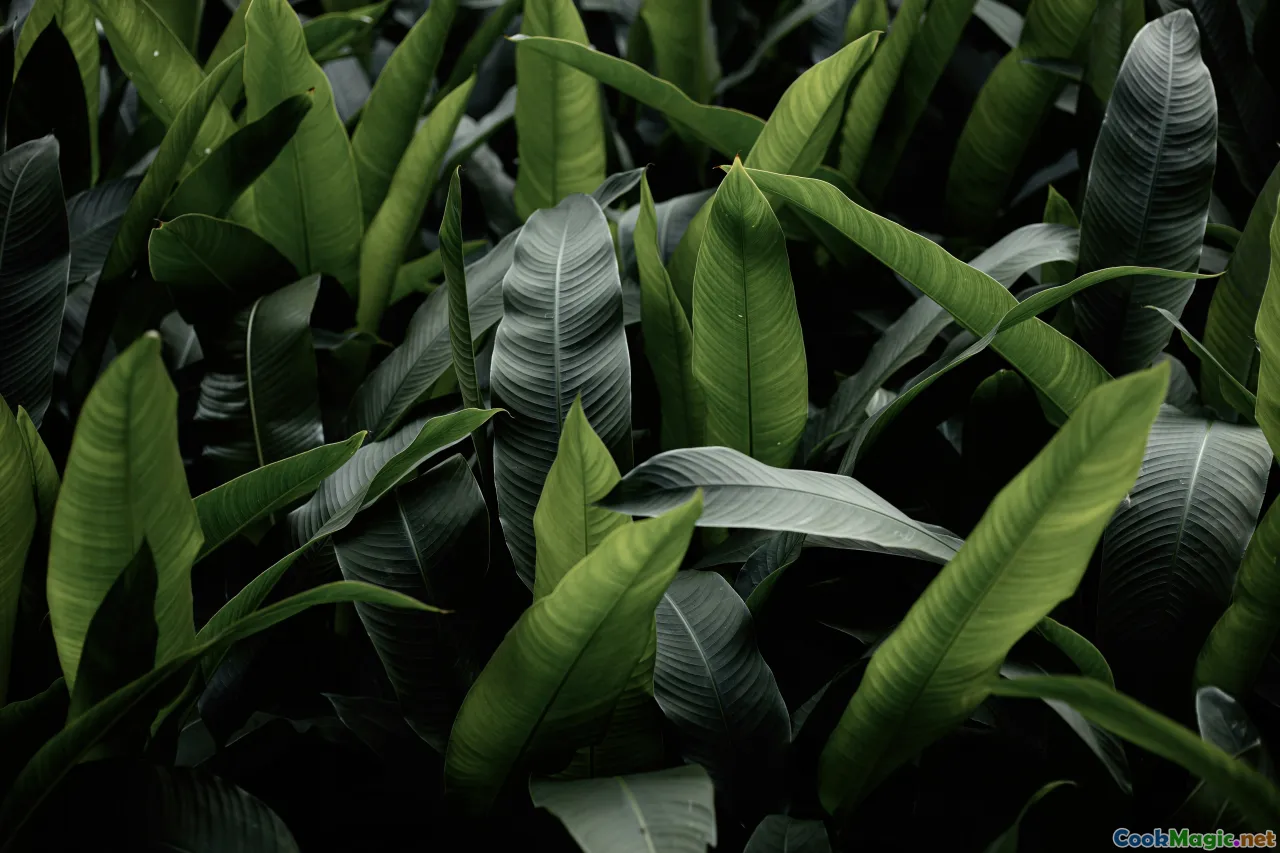
Antiguan bush teas are as diverse as the island’s landscapes. Here are some of the most cherished and distinctive varieties:
Lemongrass (Cymbopogon citratus)
A staple in Antiguan households, lemongrass tea offers a citrusy aroma, with a clean, refreshing taste. Its grassy brightness lifts the palate while offering calming properties that help reduce stress and promote digestion.
Soursop Leaf Tea
A familiar flavor that marries tropical sweetness with herbal earthiness. Soursop leaves are brewed for their purported anti-inflammatory and immune-boosting qualities, often used by locals to fend off colds.
Guaco Tea
Named after the plant’s writhing vine-like form, guaco tea has a subtly minty profile with hints of eucalyptus. Traditionally used to clear the respiratory system, guaco’s medicinal reputation remains strong.
Sorrel Flower Tea
A crimson-pink infusion made from hibiscus-like flowers, sorrel tea is both visually striking and tangy, often sweetened with local honey. It’s a refreshing favorite at festive gatherings.
Wild Bay Leaf Tea
Sourced from native bay trees, this tea delivers a warm, robust aroma reminiscent of frankincense and pepper. It’s believed to aid in digestion and energy renewal.
Ginger Tea (Zingiber officinale)
While common worldwide, ginger’s spicy warmth takes on a special Antiguan twist locally, often combined with lime or lemongrass for a powerful immune booster.
How to Harvest and Prepare Bush Teas: A Practical Guide
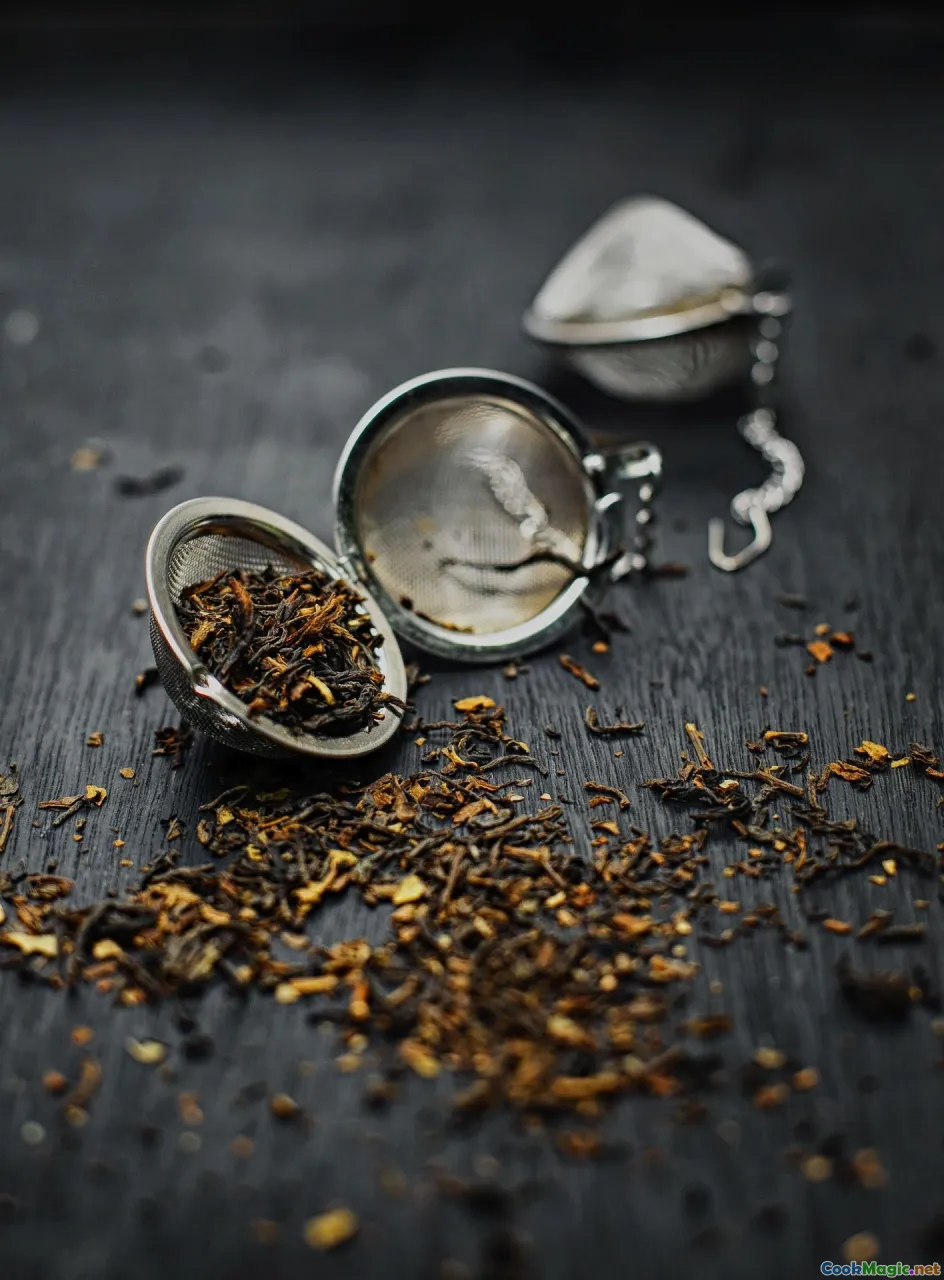
Embracing the true essence of bush teas begins with respect for nature and understanding sustainable harvesting techniques. Here are step-by-step tips based on both tradition and modern practice:
Harvesting with Respect
- Identify the plant correctly—be cautious of look-alikes.
- Harvest in moderation, ensuring plant populations remain intact.
- Use sharp scissors or pruning shears to cut stems or leaves.
- Seasonally harvest when the plant’s flavor and properties are at peak—typically just before flowering.
Preparing the Tea
- Clean the herbs thoroughly, removing dirt and insects.
- Dry the herbs in a shaded, airy space if you're storing for later use, or use fresh for an immediate infusion.
- Crush or chop the herbs to release oils.
- Boil water and pour over the herbs in a teapot or infuse directly in cups.
- Steep—generally 5–10 minutes for most herbal infusions, adjusting for desired strength.
- Strain and serve, optionally sweetening with local honey, lime, or organic sugar.
Tips for the Perfect Bush Tea
- Use filtered or spring water for a purer taste.
- Experiment with blending herbs for customized flavors.
- Keep in mind that some herbs have potent medicinal properties—consult local traditions or a herbalist if uncertain.
Culinary Uses and Integration into Daily Life
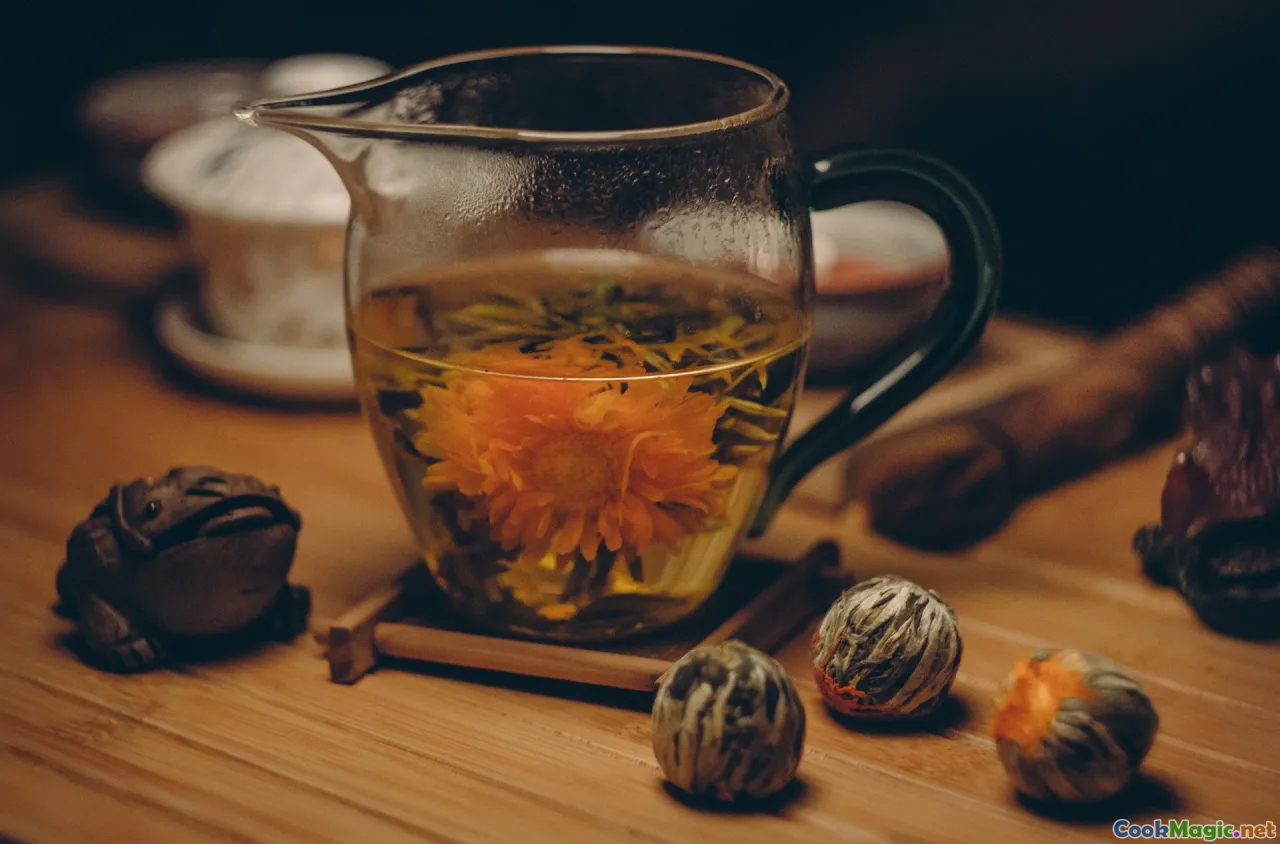
Bush teas are more than standalone beverages—they often serve as ingredients and accompaniments, subtly enriching local cuisine. Here are charming ways Antigua residents incorporate these healing infusions into their daily culinary practices:
Tea-Based Soups and Stews
Infuse ginger or bay leaves into hearty soups such as 'pepperpot' or fish stew, lending depth and warmth.
Beverage Enhancements
Serve chilled soursop or sorrel tea as refreshing partners to grilled seafood or jerk chicken, highlighting local flavors with floral or citrus notes.
Traditional Remedies as Food Finishers
Use guaco or lemongrass tea as a finish to marinades, imparting aromatic complexity.
Cooking and Desserts
Incorporate dried herbs into baked goods or desserts—think lemongrass-coconut cookies or hibiscus-flavored puddings.
Morning Rituals and Hospitality
Serving bush teas during brunch or as part of a welcoming table showcases hospitality rooted in tradition—each cup a symbol of cultural pride and wellness.
The Healing Power of Antiguan Bush Teas: Beyond Flavor
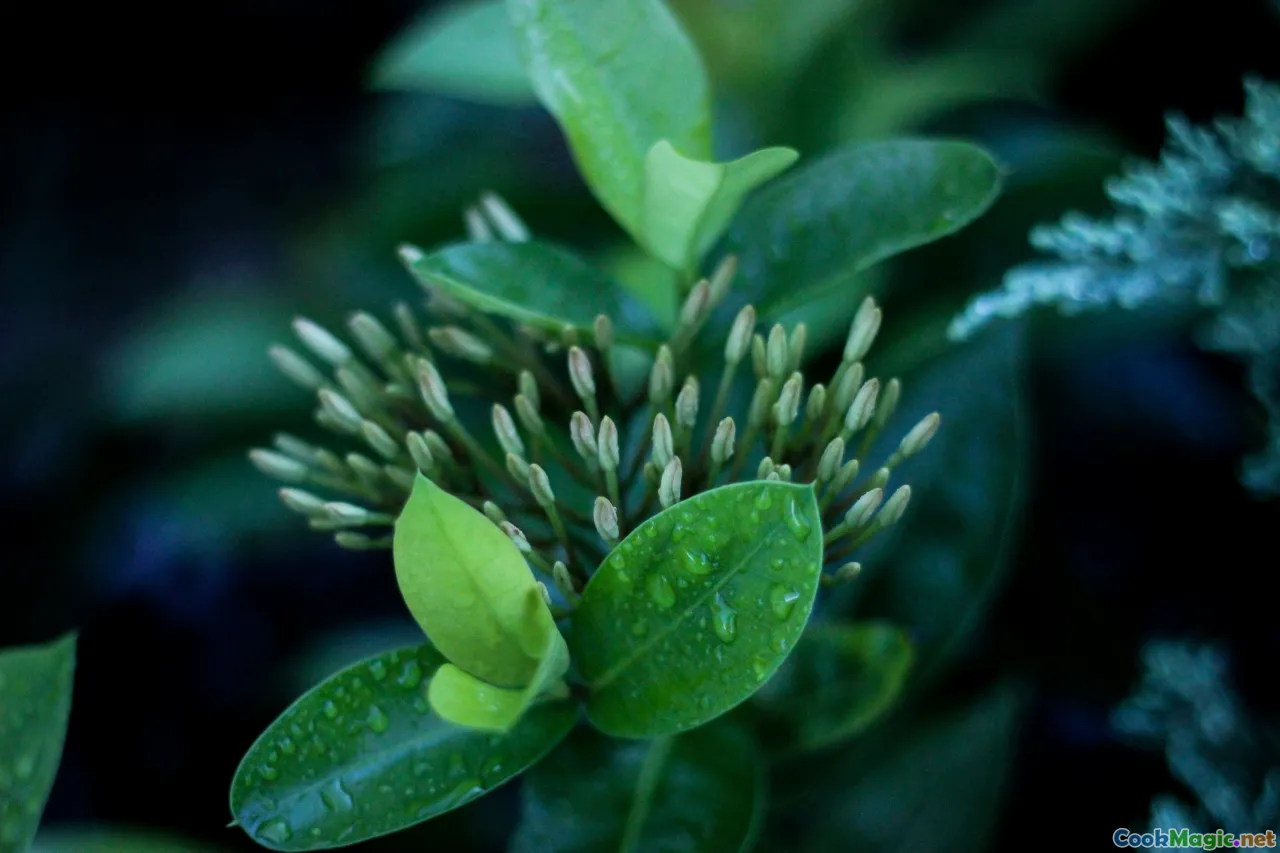
While sensory pleasure is central, many Antiguan bush teas hold potent medicinal values. The plants are revered as natural healers—used to treat ailments ranging from colds, indigestion, and inflammation to anxiety and fatigue.
For instance:
- Lemongrass acts as a natural diuretic.
- Ginger stimulates circulation and alleviates nausea.
- Guaco assists in respiratory clearing.
- Sorrel, rich in antioxidants, supports immune health.
Crucially, these teas foster a mindful, holistic approach to wellness—integrating the nourishment of body and spirit. They are also celebrated for their ability to connect communities, reaffirm cultural identity, and sustain the island’s rich botanical knowledge.
Personal Reflections and the Future of Bush Teas in Antigua
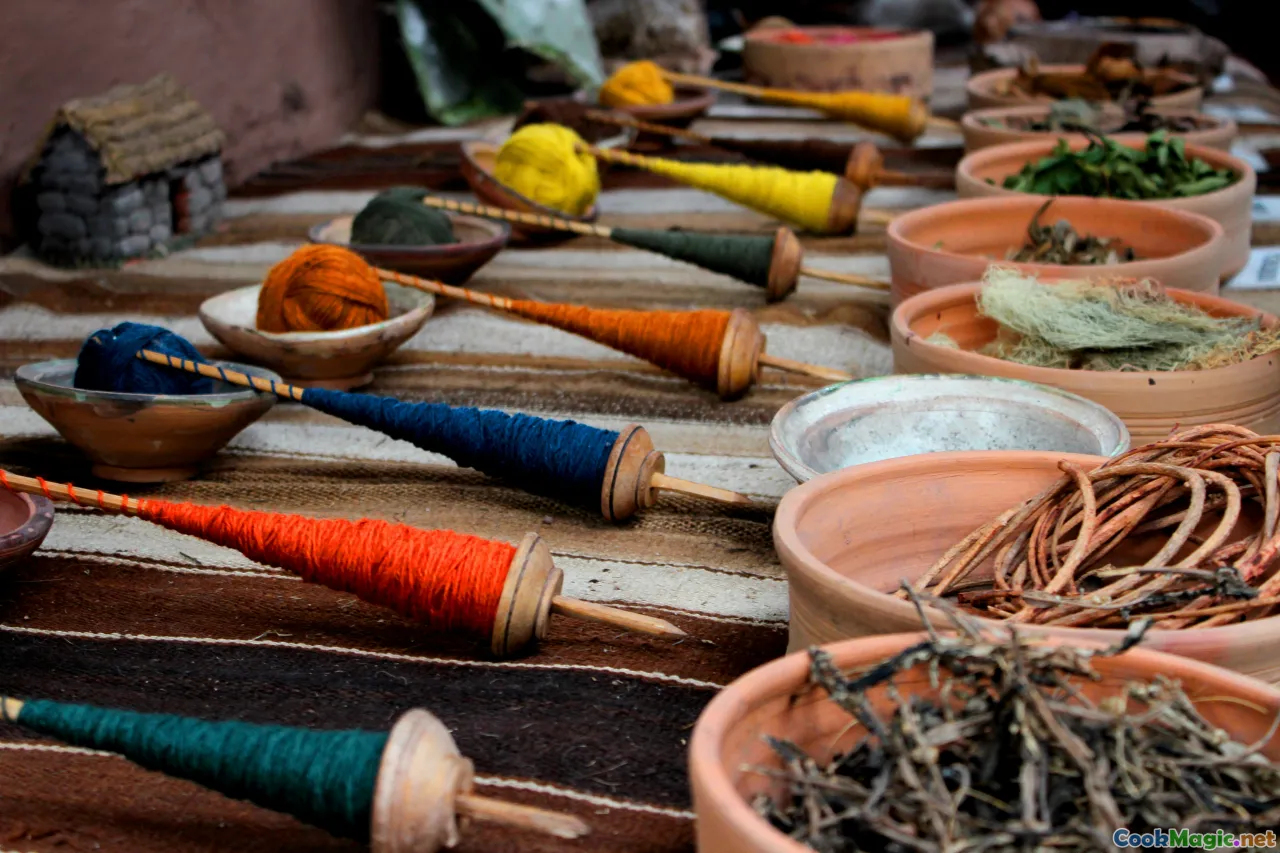
From my personal explorations, I’ve found bush teas to be a living testament to Antigua’s intimate relationship with its environment. Sitting in a roadside herbal stall amidst the hustle of a Saturday market, smelling raw herbs that will become nourishing teas, I am reminded of the sacredness of nature’s pharmacy.
In contemporary times, a renaissance is underway—young culinary artisans and herbalists are revitalizing these traditions in modern kitchens and wellness circles. Boutique tea blends, herbal tonic bars, and cultural festivals celebrate bush teas’ rich heritage while incorporating innovative methods—blending tradition with today's health-conscious lifestyles.
This movement underscores the resilience of Antiguan culinary identity and its landscape-based healing arts—a future where Bush Teas flourish as both indigenous treasures and global wellness ambassadors.
As you delve into the world of Antiguan bush teas, I encourage embracing these herbal elixirs with respect and curiosity, tasting and honoring the stories they carry. In every sip, you partake in centuries of tradition, botanical wisdom, and island soul—a true symphony of flavor and health that embodies Antigua’s vibrant spirit.









